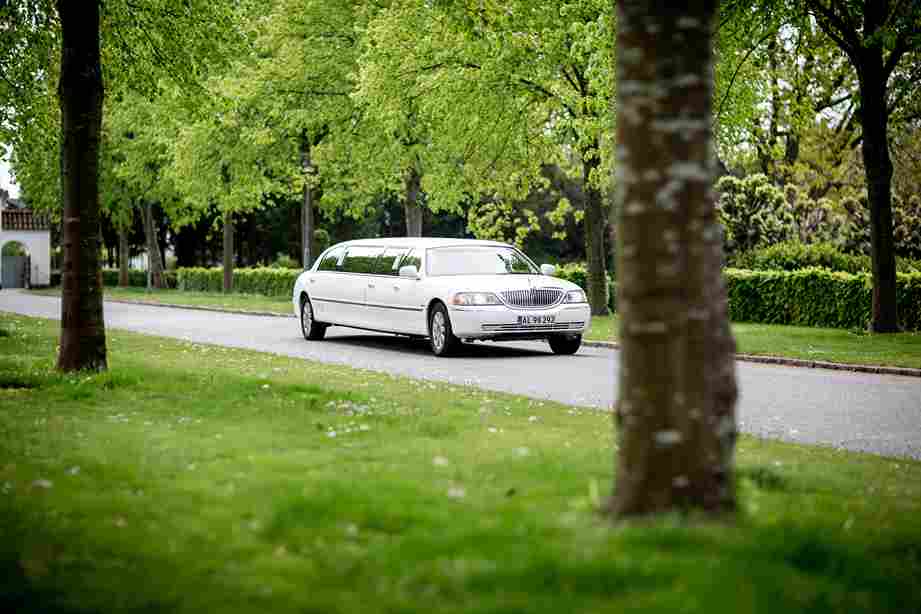You have meticulously planned every detail of your upcoming road vacation. You’ve reserved lodging, scheduled excursions, and even noted the must-try restaurants and bars.
But who is operating the vehicle? What then? Not everyone wants to grab their keys when they need to travel a long distance. Road trips can result in high mileage and regular maintenance costs, and those are just the well-known negatives of driving your own car. Your treasured Pontiac could be charged by a ram or slammed by a Charger on your trip through a national park.
When deciding whether to drive your own vehicle or rent one from a high class car service for your upcoming road trip, you’ll need to factor in things like gas mileage, rental vehicle insurance, vehicle depreciation, and more.
Can Renting a Vehicle for a Road Trip Save You Money?
It should go without saying that renting a vehicle would be more expensive than using the one in your driveway for a road trip. But on occasion, renting a vehicle might be less expensive. Think about the following:
1. Vehicle Insurance:
Depending on the type of insurance you purchase, the cost of rental vehicle insurance might increase your daily rate by as much as $30. You can purchase an insurance policy that offers main collision loss/damage insurance coverage to save money.
The insurance plan might help you immensely if you end up damaging the rental vehicle you’re driving. This is due to the fact that if you suffer a covered loss, there is no deductible to pay. However, if you choose to utilize your own insurance coverage, you will be responsible for paying the deductible, which may be $500, $1,000, or more, and your insurance rates could increase as a result of the claim.
2. Fuel Mileage:
If your primary vehicle, a GMC Yukon, only gets 17 mpg on the highway, you might want to leave it parked and rent a fuel-sipper instead. Instead, rent a 2019 Prius Eco, and you’ll receive an average combined mileage of 56 mpg. This means that a single gallon of gas will allow you to travel more than three times as far.
3. Costs of Depreciation:
Even if you don’t see the damage immediately, a long road journey can cause serious harm to your vehicle. The tires, the engine and other moving parts experience some wear and tear with each mile. For a 2,000-mile road trip, the standard charge for a large SUV is about 34 cents per mile, or approximately $680.
4. Lease Penalties:
People who lease their vehicles after looking for car service near me may avoid taking lengthy journeys. If you drive more than the contracted mileage, which is often 12,000 or less each year, you’ll be charged a fine of up to 30 cents per mile.
You’ll need a pencil, some paper, and a calculator if the overall cost of driving your own automobile vs a rental vehicle is the main factor influencing your choice.
For starters, research rental vehicle deals so you can estimate your costs. The best deal is typically found with weekly pricing. Don’t forget to include petrol expenses, rental insurance, and any other fees. It would help if you now calculated the cost of operating your own vehicle. This entails understanding how far you’ll go overall, calculating the local gas prices you’ll encounter, and considering your vehicle’s fuel efficiency.
Five Reasons Why Opting For A Vehicle Rental for A Road Trip Is Better:
1. You Care Too Much About Your Vehicle:
You might be hesitant to put 5,000 miles on a brand-new vehicle in a week if you still have difficulties identifying it in parking lots. You definitely want your automobile to seem new as long as it still has that new-vehicle smell, which is more of a psychological barrier.
2. You Can’t Trust Your Vehicle:
You already know the answer if you drive a beater—a rust bucket due for retirement at the junkyard. It is in no way fit to be used for a road trip; it is barely capable of getting you to the end of the driveway.
You are much less likely to have roadside issues in a rental vehicle. If it does, you may always get assistance by calling the 24-Hour hotline.
3. You Want To Take A Risk
A road trip can be the ideal opportunity to test-drive a new vehicle. After all, it’s a lot more thorough experience than driving a salesperson awkwardly around the dealership for a little loop.
4. You Require A More Durable, Bigger, And Safer Vehicle
For instance, if you drive a rear-wheel-drive conversion van and your road trip will include steep terrain, you might want to think about renting a vehicle. Similarly, if there are six of you going camping with your compact vehicle and you got the short stick, start looking at rental sites.
5. You Want A Fun Ride:
When your existing vehicle isn’t quite adequate for the journey, there is still one factor to take into account, even if it may seem trivial and wholly self-serving. That is true, after all. Even if it’s in perfect shape, you might prefer a vehicle that drives quickly, looks cool, or just isn’t a 1997 Mercury Tracer. Keep in mind that a road trip is typically a vacation. It’s a chance to relax and treat yourself a little. Some people love hot stone massages, while others enjoy opening the sunroof and revving a V6 on a long drive. There is no hard and fast rule to deciding whether it makes more sense to use your own vehicle or hire a vehicle for a road trip. The best course of action is to simply weigh the pros and disadvantages of utilizing your own vehicle against paying for someone else’s. So, once the road trip starts, the only thing you’ll wonder is why you didn’t just fly to Bermuda.

